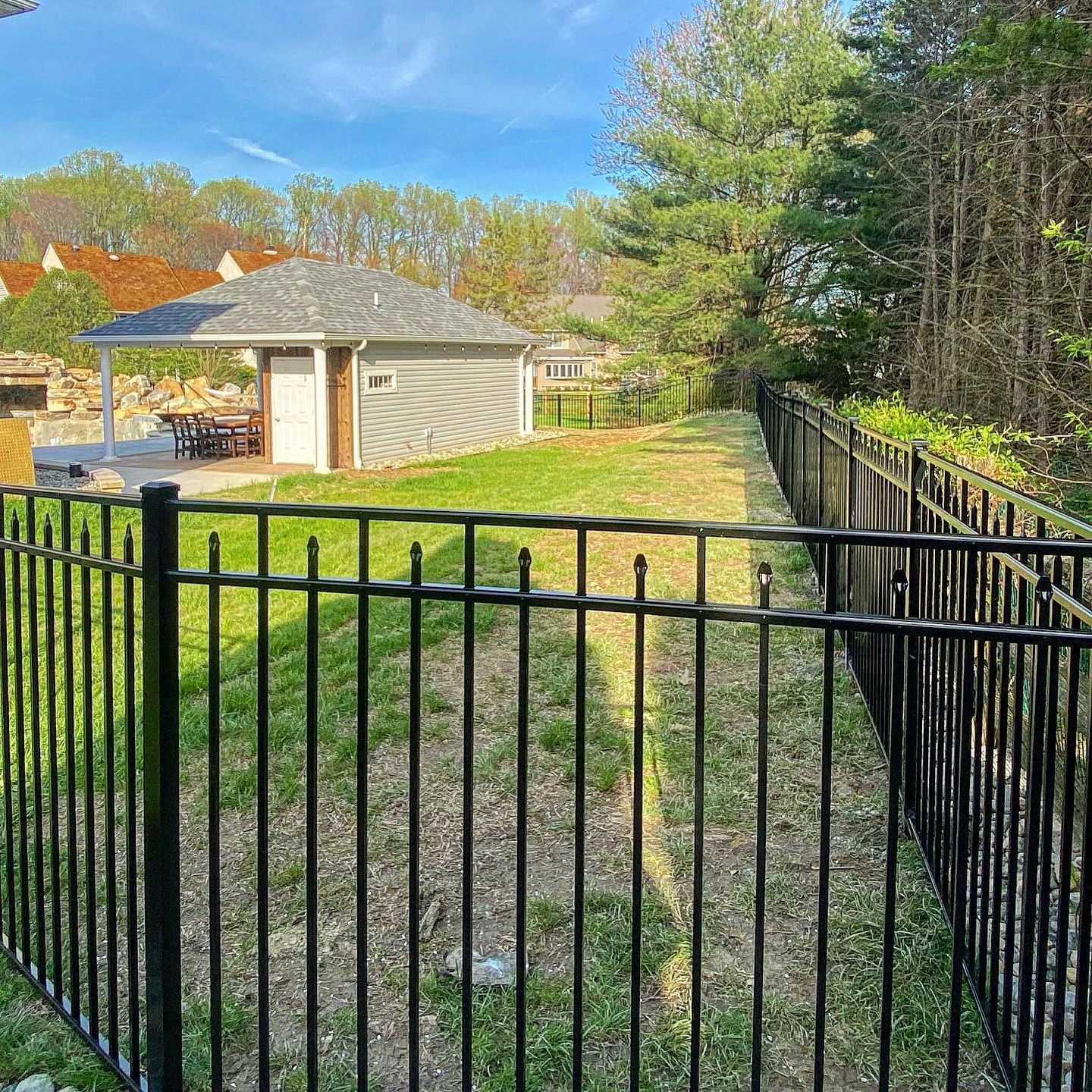Aluminum fences have become a popular choice for both r […]
Aluminum fences have become a popular choice for both residential and commercial properties due to their durability, low maintenance, and aesthetic appeal. Commercial-grade aluminum fences, in particular, are designed to meet the higher standards required for businesses, public spaces, and industrial applications. These fences must be able to withstand harsh weather conditions, provide security, and offer a long lifespan, all while maintaining an attractive appearance. The production of commercial-grade aluminum fences involves several key processes, from material selection to finishing, that ensure their strength, functionality, and longevity.

Commercial-grade aluminum fences are designed for use in applications that demand higher durability and security than residential fences. These fences are typically used around business properties, industrial complexes, government buildings, schools, parks, and even airports. They are engineered to withstand environmental factors such as weather, corrosion, and heavy wear. Aluminum is a preferred material for commercial fences due to its combination of lightweight properties and strength, along with its resistance to rust and corrosion. Commercial-grade aluminum fences are typically made with stronger, thicker materials and more robust designs compared to residential models.
Key Features of Commercial-Grade Aluminum Fences
Durability and Strength
Commercial-grade aluminum fences are designed to withstand the demands of high-traffic areas and harsh weather conditions. The material is resistant to corrosion, unlike steel or iron, making it ideal for outdoor use, particularly in coastal areas where saltwater corrosion can be a concern. These fences are also more lightweight than iron or steel, making them easier to install and maintain while still offering the strength needed for security.
Security
One of the important features of commercial-grade aluminum fences is their security capabilities. These fences often have taller heights and closely spaced pickets to prevent unauthorized access. In some cases, the fences can be designed with additional security features, such as anti-climb elements or gates with locking mechanisms, to provide a higher level of protection for the premises.
Low Maintenance
Unlike wood or iron fences, aluminum fences do not require frequent painting or sealing. Aluminum is naturally resistant to rust and corrosion, meaning the fence will retain its appearance and strength for many years with minimal upkeep. This makes it an choice for businesses that need a low-maintenance solution.
Aesthetic Appeal
Commercial-grade aluminum fences are available in a variety of styles, finishes, and colors, making them a versatile option for enhancing the aesthetic of a property while maintaining security. Whether it's a modern design with sleek lines or a more traditional style with ornamental features, aluminum fences can complement a wide range of architectural designs.
Materials Used in the Production of Commercial-Grade Aluminum Fences
The production of commercial-grade aluminum fences starts with the selection of high-quality materials that can provide the strength, durability, and corrosion resistance required for commercial applications. Here are the primary materials used in their production:
Aluminum Alloys
Commercial-grade aluminum fences are usually made from aluminum alloys, which combine aluminum with other metals like magnesium, silicon, and copper to increase strength and durability. The common alloy used for fencing applications is 6063-T5, which offers a good balance of strength, workability, and resistance to corrosion.
Powder Coating
To further enhance the corrosion resistance and appearance of aluminum fences, they are often treated with a powder coating. This process involves applying a dry powder to the surface of the aluminum, which is then heated to form a durable, protective layer. Powder coating offers a long-lasting, high-quality finish that resists fading, chipping, and peeling. It also allows for a range of color options, from classic black to custom shades that can match the property's aesthetic.